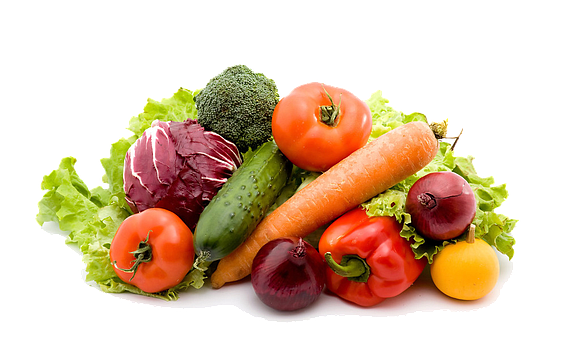Tips to fuel your vegetarian or vegan child
Style Magazine Newswire | 8/11/2022, 1:36 p.m.
When pursuing a vegetarian or vegan diet, it’s important to be thoughtful about planning meals to ensure sufficient nutrient intake. Parents of vegetarian or vegan athletes should be sure to feed their children nutritious meals to fuel them for sports. A Baylor College of Medicine expert offers meal suggestions to energize vegetarian and vegan children.
“Because their diets are predominantly plant-based, vegans and vegetarians can get a lot of great carbohydrates,” said Roberta Anding, registered dietitian at Baylor. “If they’re eating enough food, their energy should come from carbs since carbohydrates are the fuel of exercising muscle. They need to be more thoughtful about planning protein since it’s needed for growth and development, as well as recovery from sport.”
Good carbohydrate sources are endless when it comes to fueling your child athlete. Nutritious breakfasts include whole grain toast, oatmeal or roasted sweet potatoes. Anding also suggests offering them rice, quinoa or pasta. Beans are an excellent source of carbs and protein. Avocados and trail mix are good snacks for children as well since they are energy and nutrient-dense
As the diet becomes more restricted, there are fewer protein choices available, so parents must plan out their children’s meals. Vegetarians can get their protein from milk, yogurt, cheese or eggs. Vegans can get their protein from soy milk, which is the closest nondairy equivalent to cow’s milk protein-wise. Egg alternatives made from chickpeas are another vegan option. Consider seeking professional assistance from a registered dietitian as the diet becomes more restrictive. Vegan athletes can become deficient in vitamin B12, vitamin D, long-chain omega-3 fats, riboflavin and calcium.
Anding suggests avoiding products that mimic meat, such as frozen, vegan chicken nuggets or plant-based burgers, which are highly processed. A black bean burger is good vegan burger alternative since it is a whole food that is not highly processed. Create recipes using lentils, beans or quinoa for adequate protein consumption.
“The more we try to take something out of a product, the more processed it becomes. Vegan options that try to mimic meat are not great options,” Anding said. “When food tries to pretend, you may not get anything better, and it could possibly be worse than the original version you’re trying to avoid.”
Anding suggests that homemade meals, such as vegan macaroni and cheese with nutritional yeast, are a better option than processed foods.
Cardio
Children and adolescents doing cardio-focused workouts should consume high-quality carbs and meet protein requirements. Whole grain toast with almond (or other nut butters) and honey is a sufficient snack to eat after a run or cardio-heavy exercise. Eating fresh fruit is a good way to fuel before a run. Tofu, tempeh and other soy-based products are nutritious protein options to help fuel and rebuild after exercising.
Strength training
After lifting weights, it’s important to repair muscular damage. To ensure adequate amounts of protein after strength training, consider consuming meals and snacks like:
- Hummus and crackers
- Nut butter sandwich
- High-protein, plant-based breakfast cereal with berries or bananas
- Glass of soy milk
“Vegetarianism and veganism are not just avoiding meat. You have to make sure you’re getting quality sources of carbohydrates and protein,” Anding said. “See a dietitian and double check with a pediatrician to make sure children are monitored.”




